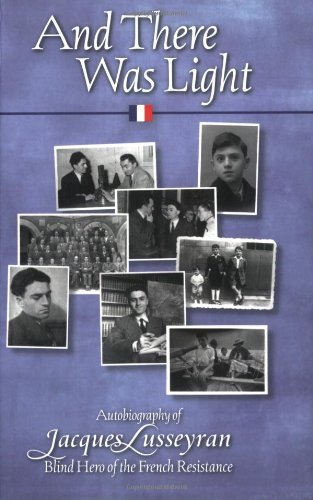What do you think?
Rate this book


316 pages, Paperback
First published September 1, 1963
Sounds had the same individuality as light. They were neither inside nor outside, they were passing through me. They gave me my bearings in space and put me in touch with things. It was not like signals that they functioned, but like replies.
But it is time to make it clear that, along with many marvelous things, great dangers lie in wait for a blind child. I am not speaking of physical dangers, which can well be circumvented, nor of any danger which blindness itself brings about. I am speaking of dangers which come from the inexperience of people who still have their eyes. If I have been so fortunate myself — and I insist that I have — it is because I have always been protected from perils of that sort.
Music was made for blind people, but some blind people are not made for music.